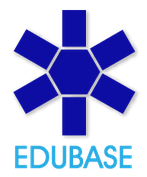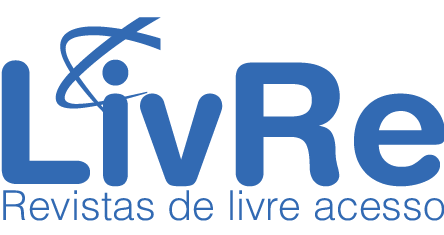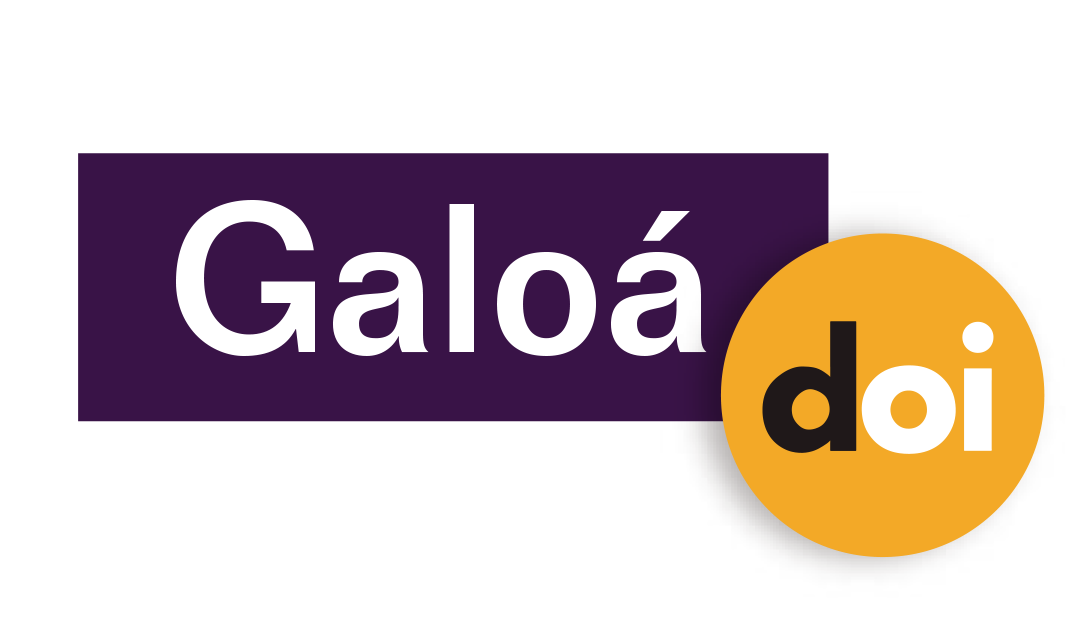Landscapes of Investigation and Scientific Initiation: Possibilities in Civilizatory Equation
Resumo
Backgroud: Society today presents a civilizatory equation, which comprises the complex relationship between what is technical and what is human and, therefore, the study of contemporary variables is central to the interpretation of this reality. Objectives: Answer the questions: Does Scientific Initiation (SI) aproximate in the concerns of critical mathematics education (CME)? Does this approach contribute to critical and reflective mathematics teaching? Design: It presents a scenario for research developed from the didactic reflective transposition of a SI project, as well as the propositive reflections built in the process. The methodological approach was action-research. Setting and Participants: The study was carried out at the Federal Institute Catarinense - Brazil and involved 1st grade students of Technical Course Integrated to High School. The classes were selected because they were students of the researcher herself. Data collection and analysis: During the development of the proposal, notes were collected by the teacher/researcher and filming of classes. The analysis was done comparing the actions/reactions of the students with the theory. Results: The SI transposed into research scenarios provides the investigation of contemporary themes that are close to EMC, by encouraging questioning, autonomy, decision-making and critical interpretation of reality. Conclusions: With this study it was possible to perceive a transformation in the mathematics classes in order to evidence the criticality and understanding of reality. It is evident that landscape of investigation is an excellent strategy for the teaching of mathematics imbricated to the technological and human issues that constitute the complex civilizatory equation.
Palavras-chave
DOI: https://doi.org/10.17648/acta.scientiae.6007
Apontamentos
- Não há apontamentos.
Direitos autorais 2020 Paula Andrea Grawieski Civiero, Fátima Peres Zago de Oliveira

Esta obra está licenciada sob uma licença Creative Commons Atribuição 4.0 Internacional.
ANÚNCIOS
Informamos que, a partir de outubro de 2024, a revista Acta Scientia volta a aceitar submissões de artigos para publicação.
Mais, informamos que sites fraudulentos, https://periodicos-ulbrabr.org e https://periodicos-ulbrabra.org, estiveram se passando pela Acta Scientiae, utilizando nosso nome e identidade visual e até solicitado taxas de APC, que nós não cobramos. Aconselhamos cautela para evitar serem enganados por sites semelhantes.
Conceito A2 na Capes(2021)
Índice h5 do Google Scholar: 13
Índice mediana h5 do Google Scholar:24
eISSN: 2178-7727
Indexações:
A Acta Scientiae é indexada em: | Scopus |  | Latindex |  | Edubase (SBU/UNICAMP) |
 | Sumarios.org |  | Google Scholar |  | Portal LivRe (CNEM) |
 | Journals for Free |  | REDIB |  | Galoá DOI |

Todos os trabalhos publicados aqui estão sob uma licença Creative Commons - Atribuição 4.0 Internacional.
